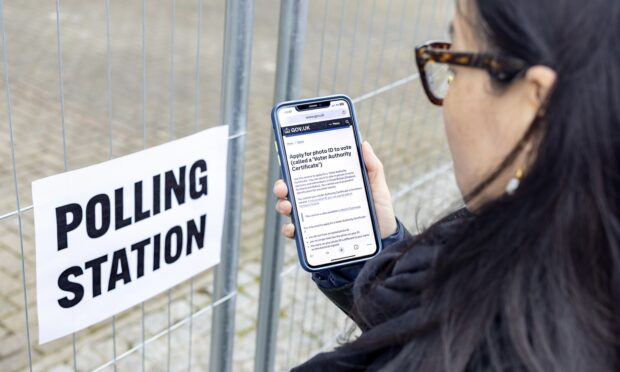The government needs leaders that are ready to take risks and encourage culture change if it is to succeed in its efforts of digital transformation, a conference has heard.
Post-it note covered walls have become synonymous with design companies’ culture – Photo credit: Flickr – Giorgio Montesino
Speakers at the 2016 National Digital Conference, held in London on 15 June, focused on the importance of changing attitudes and behaviours towards digital and technology in the workplace.
“Digital goes much deeper and broader than technology… It’s about the team and the culture,” said the Government Digtial Service director Stephen Foreshew-Cain in his speech.
However, he added that, although this was commonplace in the private sector, it was “not always the norm” in government.
Related content
GDS boss reiterates desire for collaboration with other departments
Culture minister Ed Vaizey calls for better digital coordination in Whitehall
Sarah Hurrell, vice-president for IT transformation at Sage UK, who spent three years as a civil servant, said that the big difference between the public and private sector was the siloed nature of work within government.
“Sometimes the civil service does not work as one team; it’s separate fiefdoms,” she said. “It’s going to take you guys to fix that; until then there will always be a challenge to true digital disruption.”
This was acknowledged by Cabinet Office minister Matt Hancock in his earlier keynote address, saying that tech had traditionally functioned in “departmental silos with limited interoperability”.
The government was working to address this, he said, by building platforms for common activities, and developing tech-savvy leaders through its digital and technology fast stream.
However, the thrust of his speech was that digital was the “easy part” of digital transformation. “The hard part is the transformation,” he said.
In her talk, Hurrell picked up on this comment, saying she “violently agreed” with the minister’s assessment of the challenge.
“There are some really difficult changes around mind-set, working practices and attitude,” she said, which could only be addressed through clear and effective leadership.
Elizabeth Vega, chief executive of Informed Solutions, agreed, saying that digital transformation challenged a number of traditional assumptions.
These included the language about service design – traditionally people talk about developing a new, long-term strategy, working to demonstrate that all the bases have been covered and then carrying it out to the letter.
Meanwhile, she said, digital transformation focuses on serving the customer’s needs first through a process that is open to constant changes and adaptations when a users’ needs change.
She acknowledged that this could be stressful and worrying, but said that this was why it needed a new type of leader. They should have a tolerance for working through uncertainty, see risk as adventure and be good at collaboration.
“Culture shift needs to be empowered by digital leaders that are respected, are authentic role models and inspire others,” she said.
Although the event’s speakers focused mainly on changing cultures and attitudes, they did set out other areas in which improvements were needed. These included a lack of digital skills for the future and the tools those in the civil service had at their disposal.
Hurrell recalled first arriving in the civil service from the private sector, saying that “being given a seven-year-old ‘brand new’ laptop was a bit of a culture shock”.
She added: “These are not bells and whistles, this is about doing our jobs, enabling us to be digital leaders. If in your department, charity, or business, people are using ridiculously old tech, that’s somewhere to bring some change in.”
Meanwhile another speaker, Emma McGuigan of Accenture, took on the received wisdom that automation threatened jobs.
She said that digital would “take away some of the admin jobs and help [people] move up… now we see people able to be reskilled”.
This echoed comments made by Hancock, who said that the government could “digitise the drudgery and make public service more rewarding” by digitising basic work.



